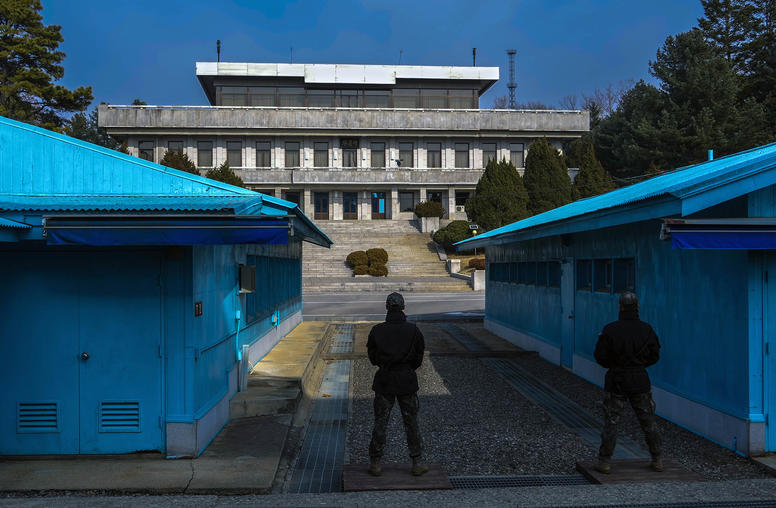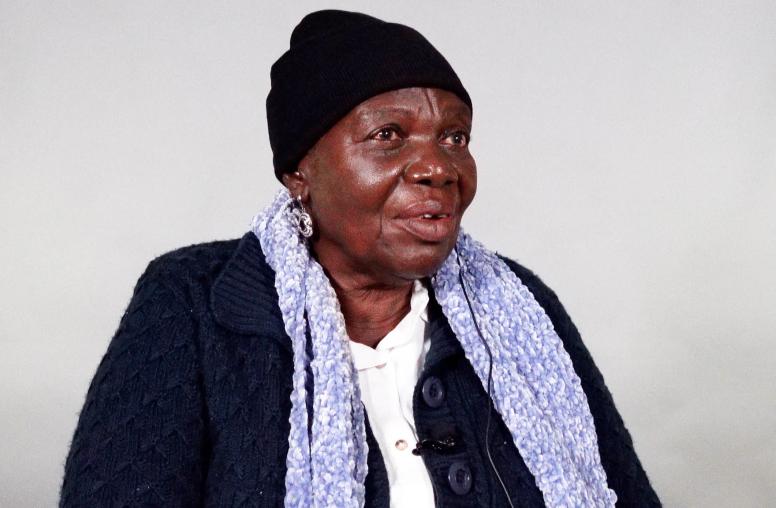Black Leadership in Advancing International Peace and Security
How African Americans Have Impacted the Fields of Conflict Resolution and Peacebuilding
The formation of the United Nations. The crafting of the Universal Declaration of Human Rights. Responding to the Rwandan genocide. Advancing “cultural diplomacy” to thaw tensions during the Cold War. Defeating apartheid in South Africa. These are just a few of the transformative moments in history where Black voices were critically important. As we bridge from African American History Month in February to Women’s History Month in March, USIP shined a light on the life and legacy of Black men and women who have advanced international peace and security.
For generations African American men and women have been on the front lines of international conflict resolution efforts. While many of these contributions have been acknowledged, too many have been overlooked. In conversation with Ambassador Edward Perkins and Ambassador Linda Thomas-Greenfield - two of America’s most prominent and accomplished African American foreign policy professionals - we took a look back at the historic contributions of African Americans like Ralph Bunche, Edith Sampson, and Dizzy Gillespie and how the legacy of their work continues to influence the strategies and approaches in diplomacy, foreign policy, and international peacebuilding today.
We also took a look forward to how more African American men and women can pursue and thrive in the field of international conflict resolution and peacebuilding. Review this inspiring conversation live on Facebook.
Speakers
Daryn Cambridge, Moderator
Senior Program Officer, United States Institute of Peace
Ambassador Edward Perkins
Former Ambassador to Liberia (1985-1986), South Africa (1986-1989), the United Nations (1992-1993), Australia (1993-1996), Director General of the Foreign Service (1989-1992)
Ambassador Linda Thomas-Greenfield
Distinguished Resident Fellow in African Studies, Georgetown University, Assistant Secretary of State for African Affairs (2013-2017), Director General of the Foreign Service and Director of Human Resources (2012-2013), Former Ambassador to Liberia (2008-2012)



